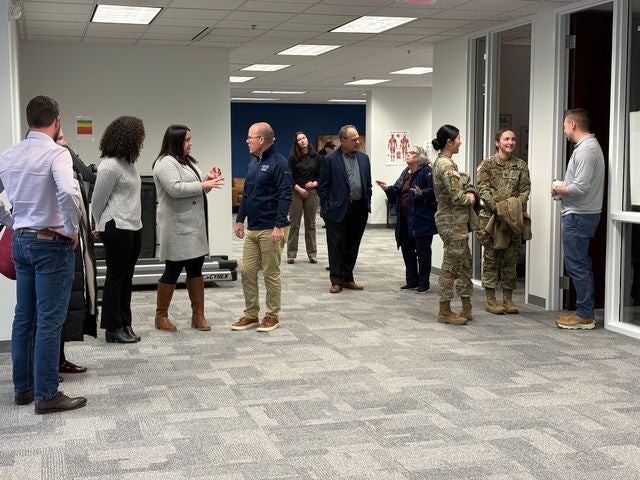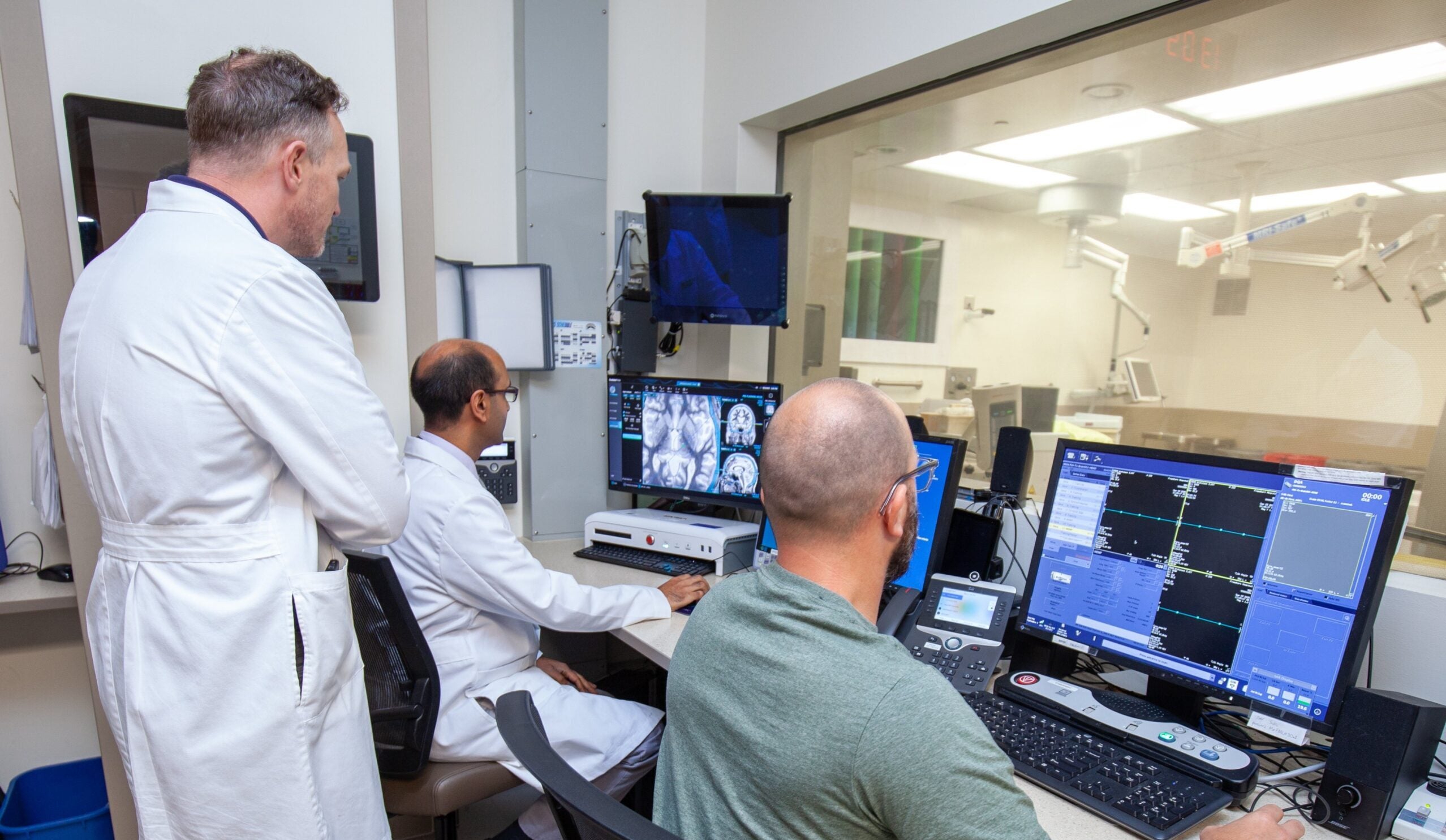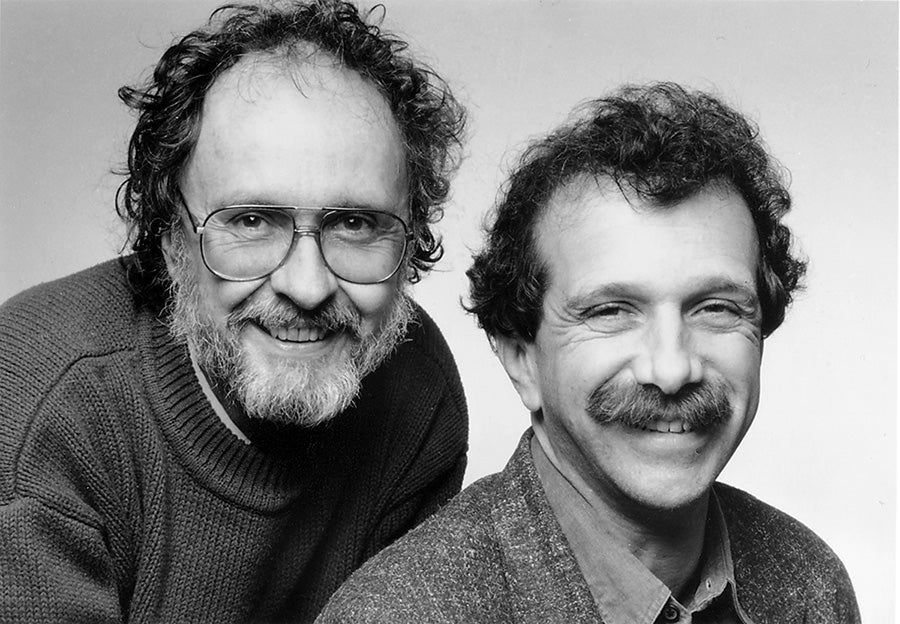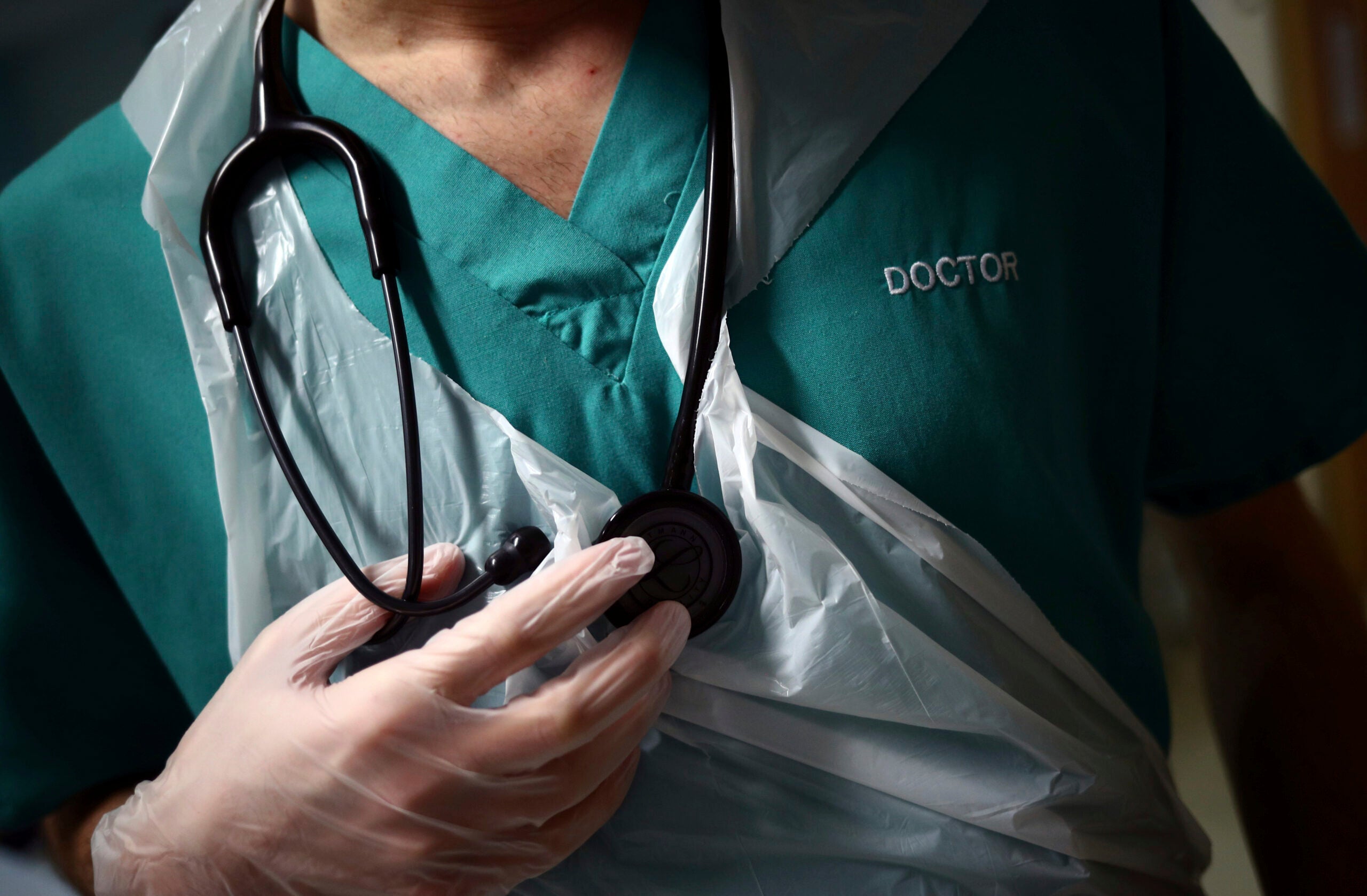From acupuncture to massage therapy, herbal remedies to visualization, non-mainstream treatments are attracting patients in search of alternative cures for their medical woes.
That quest hasn’t gone unnoticed. The Journal of American Medicine reports increased numbers of patients requesting information on alternative medical care. And the National Institute of Health has opened an Office of Alternative Medicine to study non-standard cures.
Public radio’s Dr. Zorba Paster understands the fascination with treatments outside the American mainstream.
News with a little more humanity
WPR’s “Wisconsin Today” newsletter keeps you connected to the state you love without feeling overwhelmed. No paywall. No agenda. No corporate filter.
“There are different ways of looking at the world other than Western medicine,” Dr. Paster says. “It’s important to recognize that other systems also have a lot of wisdom to offer.”
In his own case, the doctor’s openness may come from first-hand experience with Eastern medicine. A professor of clinical medicine and host of the weekly advice call-in radio show “Zorba Paster On Your Health,” Dr. Paster spent a year traveling around the Orient, Southeast Asia and India. While volunteering medical services to Tibetan refugees in Northern India, he worked closely with Tibetan physicians.
So, when a concerned caller asked this radio doctor if unusually foamy urine could indicate a health problem, Dr. Paster drew on his knowledge of medicine, both East and West. While he didn’t think urine foam was significant to western medicine, Dr. Paster said historically, in parts of India, it was a major diagnostic tool: “They checked everyone’s urine. They stirred it up to see if it was foamy, then they stirred in something else to see if it foamed up more or less.”
The resulting amount of foam then helped Tibetan physicians determine which medicinal herbs to give the patient.
On occasion, listeners hear Dr. Paster recommend chiropractic, acupuncture, or massage for pain or other health problems. Like a growing number of Western doctors, he’s also used the mind-body technique of visualization to help treat cancer patients.
Dr. Paster says many Eastern physicians use acupuncture and therapeutic massage extensively. Both treatments, he says, address not only the physical but mental aspects of a medical problem. “When treating a patient, you can’t separate the mind and body,” Dr. Paster says, acknowledging that Western medicine sometimes tends to do that.
While some techniques may seem strange or primitive in Western eyes, Dr. Paster says, philosophically, he finds the Tibetans have a lot to offer.
“What impressed me most about their healing process is their hands-on approach to medicine,” he says. “There’s lots of touching involved. That in itself has a certain healing property to it. Touching shows that doctors care, and just knowing that can alleviate the stress and fear of an illness.”
Yet Dr. Paster admits Eastern-based medical ideas are not for everyone. “They are playing a larger role in modern medicine, but it’s a matter of individual choice,” he says.
When he’s not giving health advice over the airwaves, Dr.Paster maintains a family medicine practice in Oregon, Wisconsin. He also chairs the Dean Medical Center’s Family Practice Department and teaches clinical medicine at the University of Wisconsin-Madison Medical School.
Wisconsin Public Radio, © Copyright 2025, Board of Regents of the University of Wisconsin System and Wisconsin Educational Communications Board.





